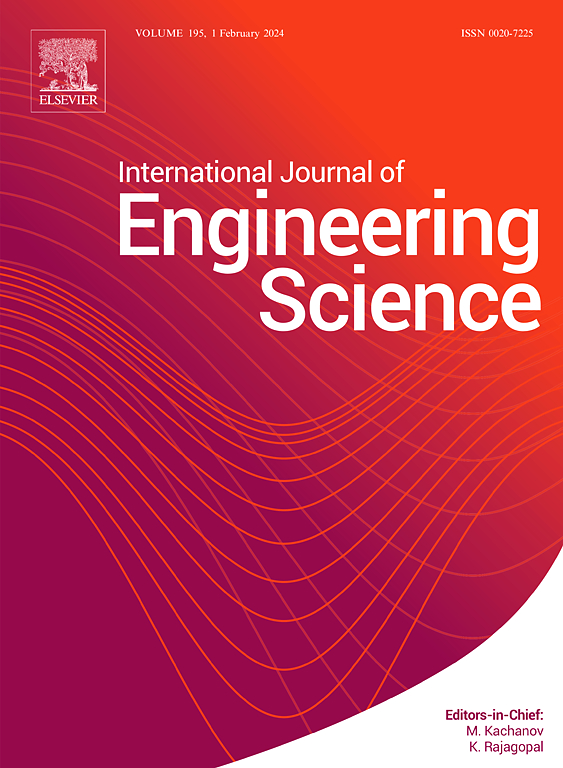The theory of scaled electromechanics
Abstract
A new scaling theory called finite similitude has appeared in the open literature for the scaling of physical systems. The theory is founded on the metaphysical concept of space scaling and consequently can in principle be applied to all physics. With regard to the application of the theory to multi-physics however, an obstacle is dissimilar mathematical formulations, that are preferred and applied in practice. This paper looks to combine electrical and mechanical physics under the rules of the scaling theory for the analysis of scaled electromechanical systems. To facilitate this the physics of electromechanics is described using transport equations on a projected space termed the scaling space. It is shown that this approach unifies the mechanical and electrical descriptions and allows the scaling theory to be applied and for scaling identities to be established. Additionally, on confirming that the scaling space possesses all the attributes of a real physical space (despite being a mere projection), mathematical modelling (to great advantage) is performed directly and integrated with the scaling theory. To showcase the concepts, mathematical models for previously researched electromechanical systems are directly analysed in the new scaling space. It is demonstrated how such models automatically account for scale dependencies in the electromechanical systems they represent. The huge potential of the new approach is revealed providing the means for formulating (for the first time) realistic representative scaled-mathematical models.

 求助内容:
求助内容: 应助结果提醒方式:
应助结果提醒方式:


